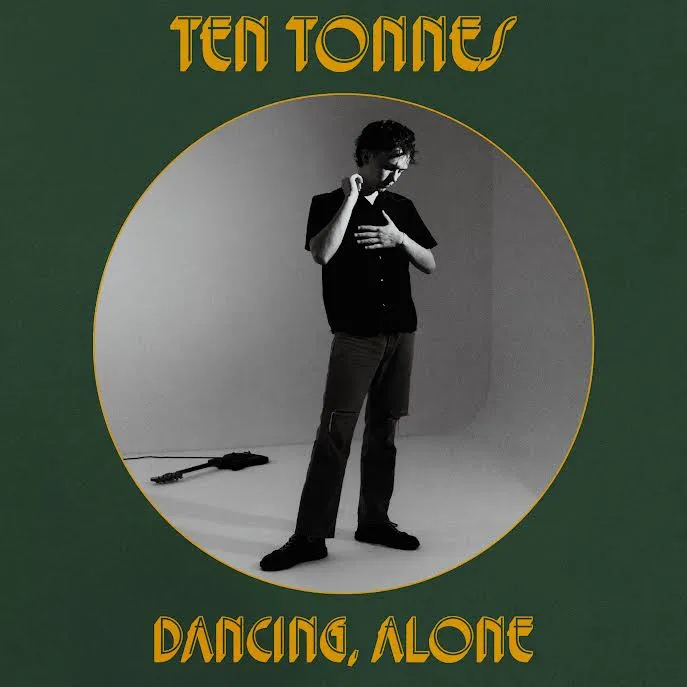
Interview Signed, sealed, delivered? An investigation into why artists and labels keep having very public fall outs
Artists want to make music. Labels want to release music. So why is it often so hard to keep everyone happy?
“Imagine this pain,” RAYE tweeted at the end of June. “I have been signed to a major label since 2014… and I have had albums on albums of music sat in folders collecting dust, songs I am now giving away to A list artists because I am still awaiting confirmation that I am good enough to release an album.”
The singer’s comments came after the release of new single ‘Call On Me’, a track she claimed had to achieve a certain level of success before her label Polydor would let her release her long-awaited debut album. As a result of the pressure, she pulled out of all promotional commitments for the single to take care of her mental health.
“We were saddened to read RAYE’s tweets last night and have reached out to her management team to discuss and offer our full support,” Polydor said in a public statement following the tweets. Then, last month, RAYE revealed that she is now an independent artist. “Polydor have spoken and agreed to part ways,” she wrote, calling her former label an “incredible infrastructure power house team”. Later the label released their own comment, saying “Polydor and Raye have made an amicable and mutual decision to part ways. Raye is an incredible artist and we have very much enjoyed working with her over the years, achieving some great things together. We wish her all the very best for the future.”
While RAYE’s story ends with a seemingly satisfactory conclusion, the situation throws up far more questions than it does answers around artist welfare and contractual obligations between musicians and record labels. How many more artists are stuck in career-stalling deals like this without the ability or freedom to speak out like RAYE? Why is the relationship between record labels and artists so often a breeding ground for discontent that proves detrimental both mentally and professionally to creatives? And what needs to be done to address this dramatic and ongoing trend?
Read More

Flow Festival Helsinki adds Aurora, Halsey, Janelle Monáe and more to 2024 lineup
They'll join the likes of Pulp, Fred again.., The Smile and Jessie Ware in Finland this August.
23rd April 2024, 9:00am

Montreux Jazz Festival unveils 2024 lineup, including RAYE, Jessie Ware, PJ Harvey and more
The Swiss live series will take place on the Lake Geneva shoreline this July.
19th April 2024, 11:36am

RAYE’s sensational orchestra-backed O2 Arena show is the ultimate underlining of a generational star
No exaggeration, this is one of the finest shows we’ve ever witnessed.
19th March 2024, 12:05pm

BRITs confirm Jungle and Chase & Status for ceremony performance
The likes of Dua Lipa, RAYE, and Kylie will also grace the stage on the big night.
16th February 2024, 9:51am
With Bob Vylan, St Vincent, girl in red, Lizzy McAlpine and more.



